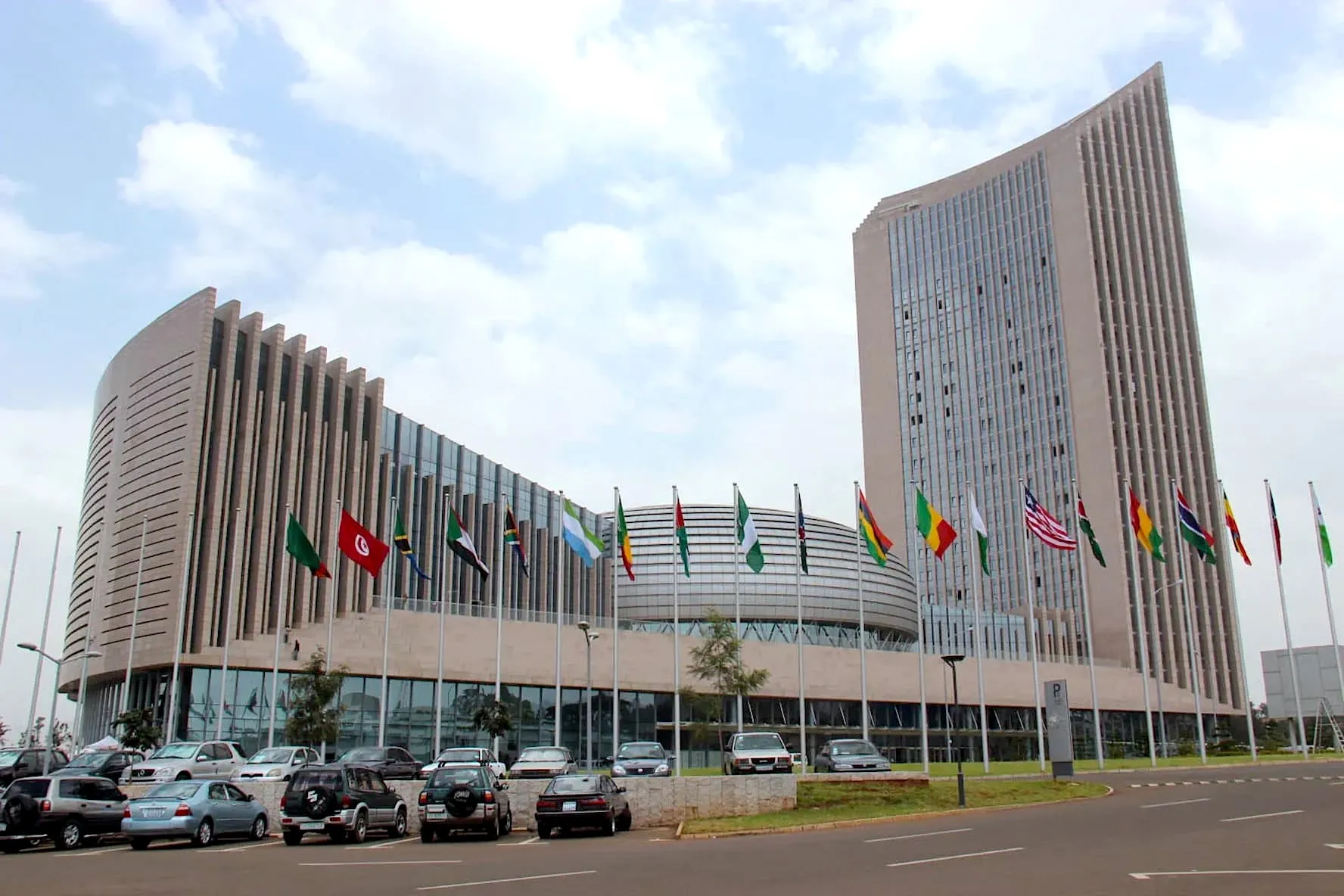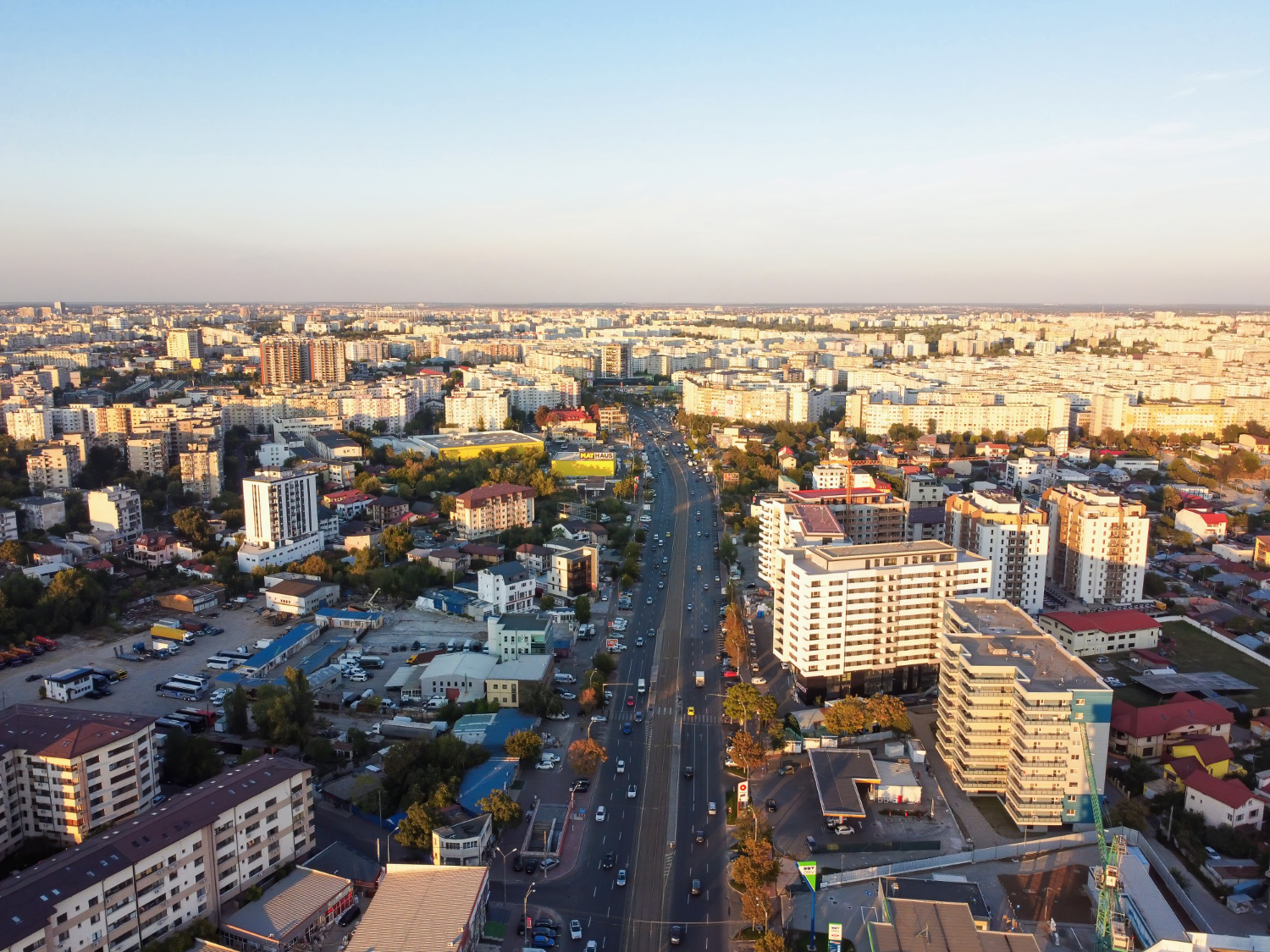African governments are moving quickly to treat artificial intelligence as a strategic public-policy priority, releasing national roadmaps and endorsing a continent-wide strategy that seeks to balance economic opportunity with human rights protections, data governance and local capacity-building.
The African Union’s Continental Artificial Intelligence Strategy, finalized in 2024, gives the continent a common framework for AI adoption across public services, health, agriculture and governance — and sets an implementation horizon running through 2025–2030. The strategy stresses pan-African cooperation on standards, ethics, data sharing, and skills development so that African countries can capture AI’s benefits without importing undue risk or dependency.
Since the AU plan, a growing number of member states have published their own AI strategies or white papers that share similar themes: foster innovation, protect citizens, and build regulatory scaffolding. Nigeria’s National AI Strategy (NAIS), published in 2024, sets out a vision to harness AI for socioeconomic growth while stressing ethical safeguards, research partnerships and regulatory readiness.
Kenya’s National AI Strategy 2025–2030 likewise combines ambitions to make the country a regional AI hub with concrete commitments to ethics, transparency and public-sector use-cases from digital public services to agriculture and health while flagging the need for stronger data governance and workforce training.
Ghana and other countries have followed suit: Accra launched a national AI strategy in 2025 framed around inclusive growth, digital skills development and safeguards on privacy and misuse. Officials have publicly emphasised both the transformational potential of AI for public service delivery and the responsibilities that come with deploying powerful automated systems.
Common threads and shared concerns
Across documents and public statements, African policymakers are converging on several consistent priorities:
Human-centric governance. Strategies repeatedly call for AI to be used in ways that protect citizen rights, avoid discriminatory outcomes, and remain accountable to democratically elected institutions.
Data protection and sovereignty. Many governments stress the need for stronger data laws and infrastructure so that African data — and the value it creates — are not automatically exported to foreign cloud providers.
Capacity and skills. Plans include talent development universities, research hubs and public-sector training so governments can judge, procure, and operate AI systems rather than simply importing turnkey solutions.
Risk management. Policymakers want guardrails against misuse from privacy violations to automated discrimination and stress the importance of auditability, transparency and independent oversight where AI is used in government decisions.
From strategy to politics: the tricky part
Analysts warn that drafting strategies is only the first step. Implementation raises hard political and technical questions: Who audits AI systems used in policing, social benefits, or electoral administration? How will governments prevent AI-driven disinformation from undermining elections? And who pays to build the local cloud and compute infrastructure needed for sovereign AI services?
Policy observers also caution about the risk that poorly governed AI could intensify surveillance or discrimination if deployed without transparency and remedies. The AU strategy and national plans reflect an awareness of these pitfalls, but civil society groups say legal and institutional reforms not only high-level documents will determine outcomes.
Funding, partnerships and geopolitics
African officials have signalled openness to partnerships with universities, start-ups and international donors, but they emphasise bargaining from a position of national and continental interest. The AU calls for pooled approaches to standards and procurement that could give African states more leverage in negotiations with Big Tech and foreign governments. Donors and private investors already show interest in African AI projects but countries want deals that build local capacity rather than one-way technology transfers.
What comes next
The next 12–24 months will test whether strategies translate into institutional change. Observers will watch for: new data-protection or AI-specific laws; investments in compute and public-sector procurement rules; independent oversight bodies or audit mechanisms for government AI; and practical pilot projects that improve services without eroding rights.
For now, Africa’s stance is clear in tone if not yet fully tested in practice: embrace AI’s potential to accelerate development, but insist on ethics, inclusion and homegrown capacity to ensure governments use the technology to serve citizens not replace or surveil them.




